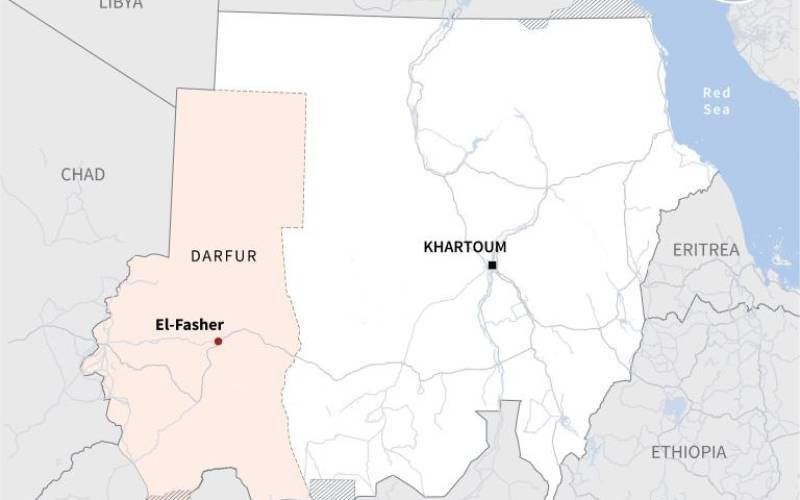Sudan has long been known for its sweet tooth, but is now importing far more sugar than it can consume after the removal of customs duties with some supplies smuggled across its porous borders to neighbouring countries such as South Sudan and Chad.
The government opened up sugar imports to the private sector and removed customs duties in 2012, following complaints about shortages, but shipments into the country now far exceed domestic needs and are even threatening the country's producers.
Traders said sugar had been smuggled into neighbouring countries where customs duties and shipping costs can be higher including South Sudan, Chad and Eritrea while some may also be filtering across its northern border to Egypt.
"The sugar entering Sudan incurs less duty than on entering Egypt directly thereby providing more of an incentive to take the Sudan route," a European trade source said.
Sugar is a key staple in Sudanese diets and tea sweetened with several spoonfuls of sugar is a favourite drink. Supplies of fresh fruit and other natural sources of sweetness are not always plentiful or affordable.
This year, Sudan is expected to import 1.2 million tonnes of sugar worth $600 million, a source in a state sugar company said.
Sudan needs barely more than half that total, however, to cover the shortfall between its demand of around 1.5 million tonnes and domestic production of about 850,000 tonnes.
That suggests that 550,000 tonnes is being re-exported or smuggled into neighbouring countries.
It is a lucrative business, Sudanese traders say, because they are able to buy cargoes on the international market using letters of credit with deferred settlement dates, sell their sugar and use the proceeds to settle their accounts.
Sudan's sugar refiners complain that imported sugar is putting them out of business as they have to pay taxes while sugar imports are exempted from duties.
Imported sugar is sold for 18 Sudanese pounds less per 50 kilo-sack than domestically produced sugar.
The main origins of sugar for Sudan include Thailand, the world's second largest exporter of the sweetener and India, the number two producer.
Indian coastal refineries also ship so-called "tolled" sugar, which has been refined from imported Brazilian raw sugar, to Sudan.
 The Standard Group Plc is a
multi-media organization with investments in media platforms spanning newspaper
print operations, television, radio broadcasting, digital and online services. The
Standard Group is recognized as a leading multi-media house in Kenya with a key
influence in matters of national and international interest.
The Standard Group Plc is a
multi-media organization with investments in media platforms spanning newspaper
print operations, television, radio broadcasting, digital and online services. The
Standard Group is recognized as a leading multi-media house in Kenya with a key
influence in matters of national and international interest.
 The Standard Group Plc is a
multi-media organization with investments in media platforms spanning newspaper
print operations, television, radio broadcasting, digital and online services. The
Standard Group is recognized as a leading multi-media house in Kenya with a key
influence in matters of national and international interest.
The Standard Group Plc is a
multi-media organization with investments in media platforms spanning newspaper
print operations, television, radio broadcasting, digital and online services. The
Standard Group is recognized as a leading multi-media house in Kenya with a key
influence in matters of national and international interest.








